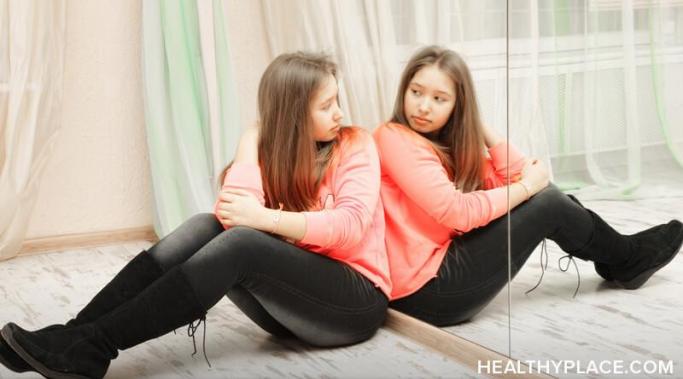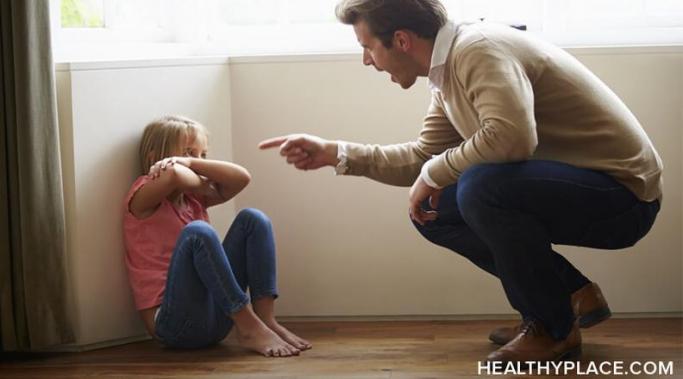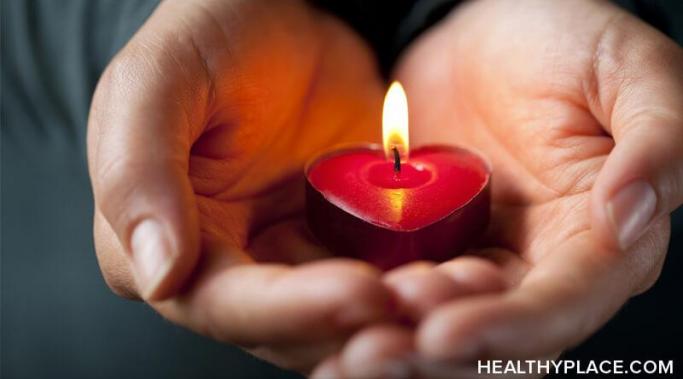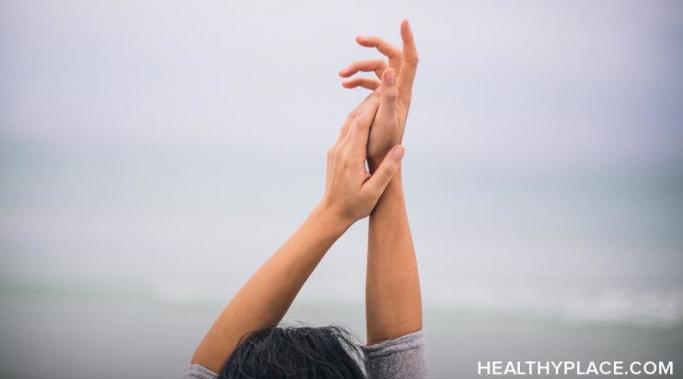You can live anxiety free by practicing yoga on your own or participating in yoga therapy. Sometimes, in trying to beat anxiety, we go after our anxiety symptoms. After all, the symptoms are how we experience anxiety in our thoughts, emotions, physical sensations, and actions. Taking actions to reduce the symptoms of anxiety can be quite helpful; however, it can be incomplete. Growing research is demonstrating that treatments that address the whole person, beyond just symptoms, can lead to a new anxiety-free life. Yoga and yoga therapy are holistic approaches to anxiety and overall wellbeing.
Anxiety Management – Anxiety Schmanxiety
Do you know who you are? How's your sense of self, of how you'd like to live your life? Knowing who you are at your core can help stop anxiety so you can start living. This happens through a process of self-discovery. Think of it as an adventure into your inner workings that starts with the question: Who will you be when your anxiety is gone? At first, it might be hard to even imagine the answer. To begin to know who you are, stop anxiety, and start living, learn to simply observe yourself.
It may seem strange to some to hear diversity being suggested as a means to fight anxiety. After all, a prime breeding ground for anxiety is the unknown – if we don’t know or understand something, we don’t know if we’ll be safe around it, ergo we take refuge in the familiar. Logically, this makes sense. In actuality, this is nonsense, and it may well be that its contrary is much more effective in combatting anxiety.
If you feel frustrated (and maybe even defeated) because you can't stop worrying, you're not alone. The tens of millions of people with anxiety are worrying, too. Worry involves running what-ifs and worst case scenarios through your head day and night. It creates anxious agitation, physical side effects, and strong emotions. It's exhausting and can reduce your quality of life. The good news is that you can break out of the cycle of relentless worry. Try this quick reference tool to easily remember techniques to stop worrying.
It's important to build self-respect to help you reduce anxiety. One of anxiety's most damaging effects is that it makes it difficult for people to respect themselves. We question ourselves and worry about disapproval. Out of worry and fear of causing problems, we sometimes become people-pleasers. As such, we tend to avoid saying "no" and setting limits in general. This, in turn, increases anxiety and can further erode self-respect. You're not doomed to being a yes-person forever, though. Setting limits is a skill you can learn and you can build self-respect and reduce anxiety in the process.
Anxiety in relationships can cause problems because it’s very easy to take out your anxiety on others. Consider this hypothetical: you’re anxious about something – the cause isn’t important, and perhaps there is no cause. Regardless, it’s to the point where it’s actively affecting your day. Someone asks you a harmless question – for whatever reason, it sets you off and you snap at them. Clearly, anxiety in relationships is detrimental to you and those you care about, and if it happens, steps should be taken to prevent it.
Developing a personal ritual to reduce anxiety is a pleasant, meaningful way to reclaim yourself and your life from anxiety's grasp. Ritual is often associated with religion, rites, ceremonies, and formal procedures, which isn't incorrect but is also incomplete. An anxiety-reducing ritual is different. Think of it as a routine with punch: special time that you give yourself for a positive purpose. Let's explore the amazing things rituals can do for your life as well as nine things to add to a ritual to reduce anxiety.
When you’re anxious, don't give up. Sometimes you just feel bad – oftentimes you don’t even know why you feel as bad as you do. Those can often be the worst days because if you don’t know where the bad feeling is coming from, it can seem impossible to control.
Intrusive thoughts can sometimes accompany obsessive-compulsive disorder (OCD) and anxiety disorders like generalized anxiety disorder (GAD). Intrusive thoughts are disturbing to experience, and they can cause extreme stress and heightened anxiety. They can invade the mind without warning; further, they can be dark and downright terrifying. The previous post examined what the intrusive thoughts of OCD and anxiety are and are not. (Quick review: intrusive thoughts are not a sign that you or someone you know is a terrible person.) Now let's explore how to deal with these intrusive thoughts so you can reduce anxiety and discomfort.
My anxiety has caused me to take more time off work, and I couldn’t be happier. This is a refreshing change. Too often, this blog has become a catalog of instances when anxiety leads to hardship. Perhaps this is to be expected. But anxiety can, counterintuitive as it may seem, lead to valuable insights not often shared by those without it, as is the case here when I took some time off of work to handle my anxiety.









